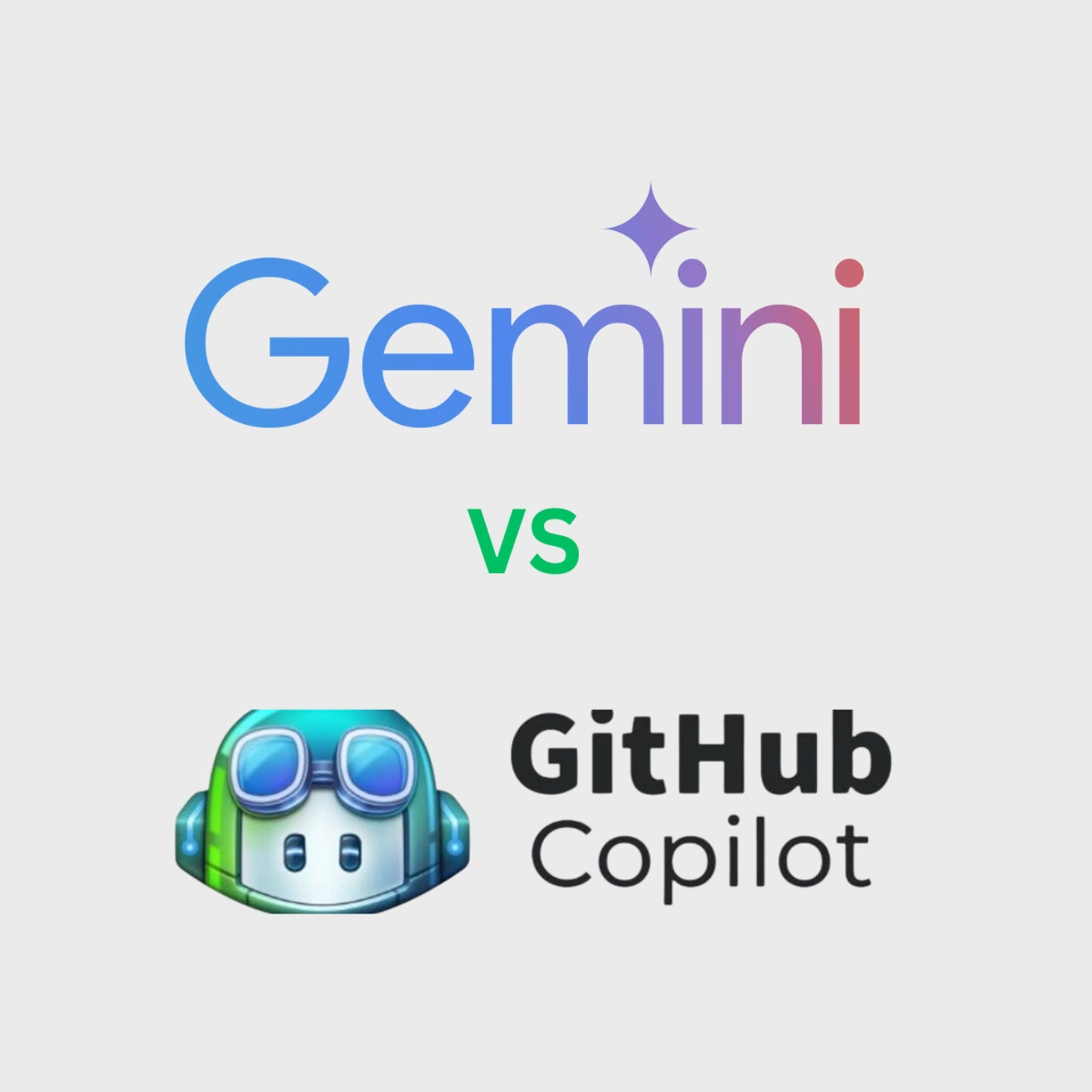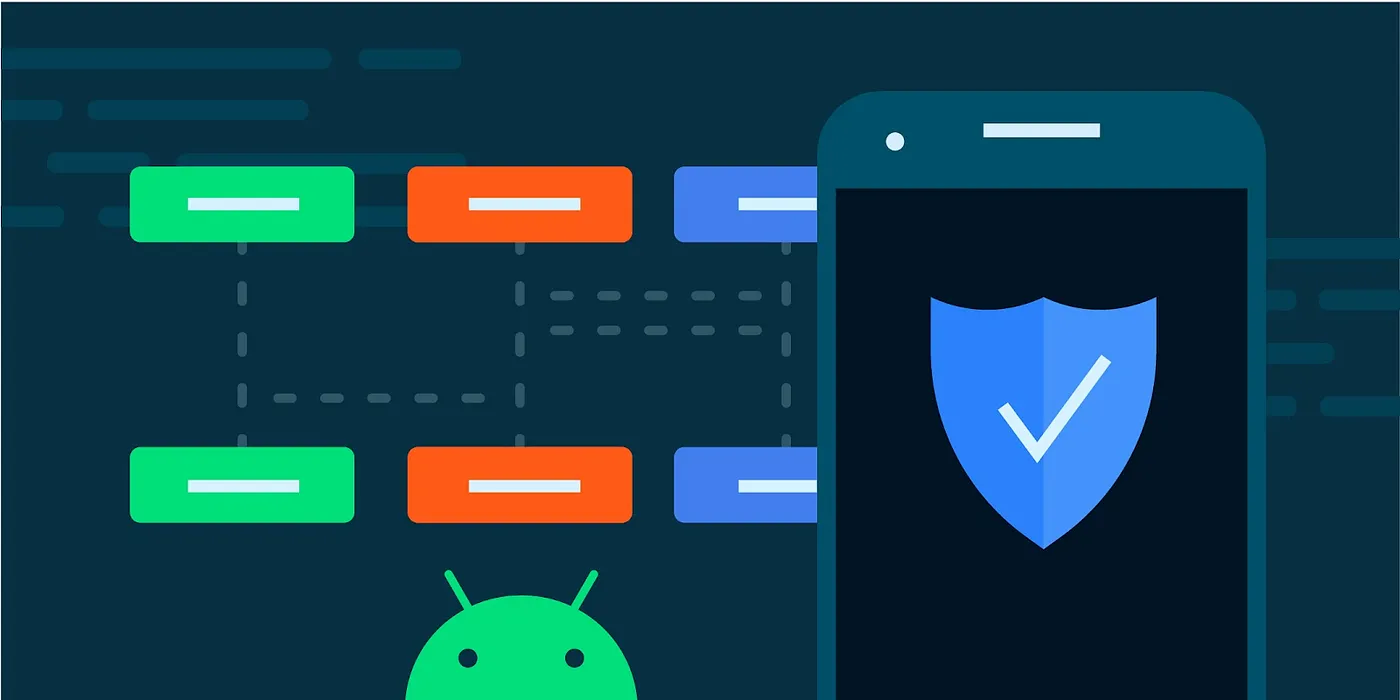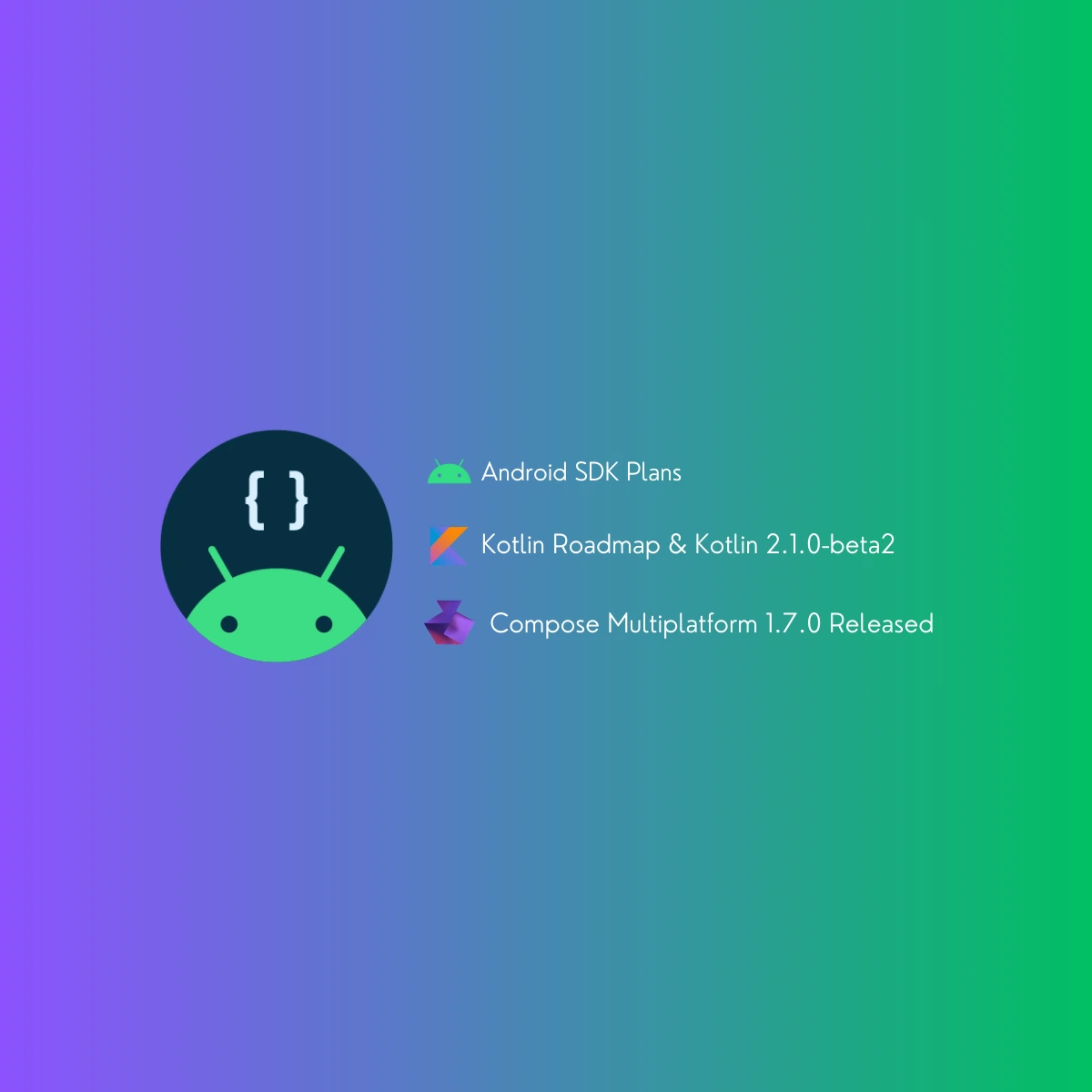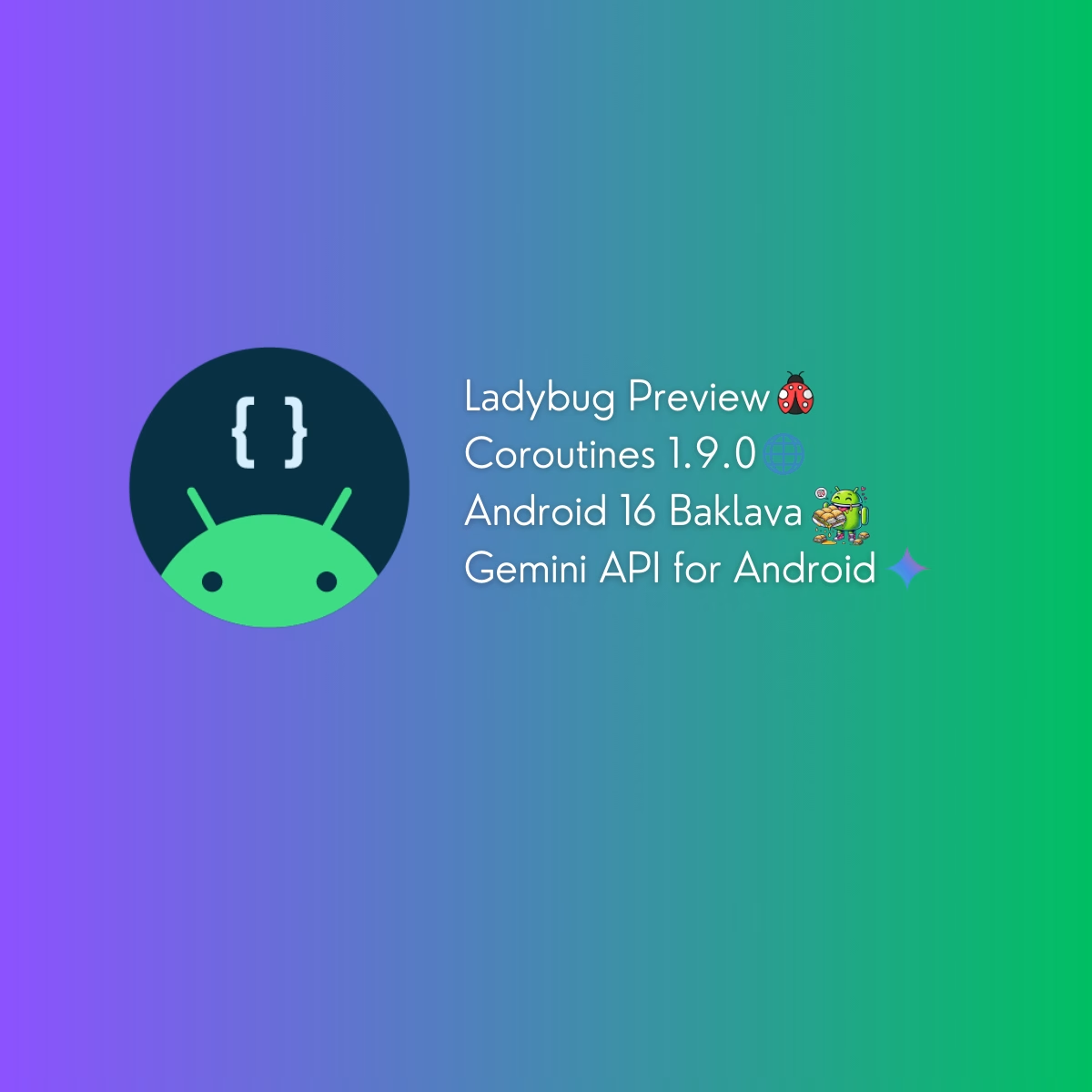As a developer, having access to AI-driven code completion tools can be a real game-changer. However, not all AI tools are created equally. In this article, we’ll be diving deep into a comparison between Gemini AI and GitHub Copilot, two prominent players in the AI code assistant space. We’ll discuss their capabilities, their shortcomings, and why, ultimately, Copilot might be a better choice — albeit not a perfect one.
Gemini AI: A Brief Overview
Gemini AI is Google’s attempt to provide an AI-powered SDK to assist in developing Android applications. While it excels at generating code snippets for AI-powered features (such as generative content), it is not a comprehensive code completion tool in the way that Copilot is. Although it’s designed to help speed up development for Android apps, Gemini’s capabilities are limited in scope.
The focus of Gemini AI is more towards AI-generated content in Android apps, and it requires a separate API key and integration process. For a detailed guide on how to set it up and get started, check out my article on integrating Gemini AI with Android.
As you can see, Gemini is lagging a lot for a sample “Login Screen”. It makes you wait while performing simple code completion functions. Also, the TextFields it added are very simple and it hasn’t even thought about states. I don’t think it is suitable for developing applications with Compose.
GitHub Copilot: The Code Companion
GitHub Copilot, on the other hand, is a real-time code completion tool that plugs directly into your IDE. Developed by GitHub and powered by OpenAI, Copilot aims to assist developers by suggesting lines of code, entire functions, and even full-fledged algorithms based on the context of your work. It’s designed to work across a range of programming languages, making it versatile and adaptable for many use cases.
When I open a “LoginScreen” on Copilot, I see that it quickly suggests things related to the compose structure and completes my codes. But there are still hang-ups. Copilot seems to have more code accumulation. If you have to choose between Gemini and Copilot, it would be best to choose Copilot.
But I actively used Copilot for a while, it produces wrong codes, it is not smart and its chat section is quite useless. It is not suitable for complex structures at all. But you can use it when making simple applications.
Also, Copilot produces codes that will cause ANR, I think because of the low-level codes on GitHub.
Comparing Code Completion and Accuracy
When it comes to actual code completion, the difference between Gemini and Copilot is quite stark. Copilot leverages its training data to offer suggestions in a much broader range of scenarios, making it a far better companion when you’re coding in Kotlin, JavaScript, Python, or virtually any other popular language. However, there’s a catch — both tools are not always accurate, and sometimes they can generate outright incorrect or outdated code.
For instance, both Copilot and Gemini are based on versions of AI models that may lag behind current development best practices. This can lead to inaccurate suggestions or code that is incompatible with the latest libraries and frameworks. As a result, they can sometimes be a hindrance rather than a help, requiring developers to double-check every suggested line of code.
Why Copilot Often Comes Out on Top
Despite its flaws, Copilot edges out Gemini AI as a more general-purpose tool. Here’s why:
- Better Language Support: Copilot is designed to work across a wide variety of languages, from front-end to back-end development. This makes it far more versatile compared to Gemini, which is Android-focused.
- Real-Time Suggestions: Copilot provides inline code suggestions as you type, making it feel like a more natural extension of your coding process.
- Integrates Easily with IDEs: It integrates directly with popular IDEs like Visual Studio Code, making the setup straightforward.
Limitations of Both Tools
While both tools can speed up coding, they share some major limitations:
- Incorrect Code Generation: Both Gemini and Copilot sometimes produce incorrect or non-functional code. Since they are trained on large datasets that are not always kept up-to-date, they might suggest outdated practices.
- Lack of Context Memory: One frustrating aspect of Copilot is that it does not remember previous conversations. When you are working on a complex project with interlinked code files, Copilot often fails to maintain continuity, forcing you to repeat explanations or provide the same context over and over.
- API Key and Security Issues: With Gemini, using an API key can expose your project to security risks if not handled carefully. For example, storing the key insecurely could make it vulnerable to malicious actors.
Training and Versioning Issues
One of the biggest challenges with both Gemini AI and GitHub Copilot is their reliance on AI models that can quickly become outdated. The technology behind these models is not as dynamic as we’d like it to be. Since they aren’t regularly retrained on newer coding paradigms, their utility diminishes over time. What worked as a great code suggestion last year might be a potential security vulnerability today.
AI assistants like these are still limited by the pace of their training cycles and can become stagnant if not updated frequently.
The Future of AI in Coding
While both Gemini AI and GitHub Copilot have their place in a developer’s toolkit, they are far from perfect. The reality is that AI coding assistants still require a lot of oversight and can’t be blindly trusted. However, they offer a sneak peek into a future where coding can be faster and easier.
For now, my recommendation is to use GitHub Copilot if you’re looking for a versatile, real-time code suggestion tool — just don’t expect it to be flawless, and always double-check its suggestions.
Conclusion
Both Gemini AI and GitHub Copilot offer unique advantages, but neither is without flaws. While Copilot tends to be a better option for general-purpose code completion across multiple languages, both tools require developers to be vigilant and double-check AI-generated code.
In the current state of AI technology, these tools are helpful assistants but far from reliable experts. If you’re looking for a more comprehensive into AI tools and Android development, make sure to check out my article on integrating Gemini AI into Android apps.
Did you like this article?
You can subscribe to my newsletter below and get updates about my new articles.






